BRITAIN and India finalised a long-awaited free trade agreement (FTA) on Tuesday (6), which both countries hailed as a historic milestone in their bilateral relations.
Prime minister Sir Keir Starmer described it as “a landmark deal with India – one of the fastest-growing economies in the world, which will grow the economy and deliver for British people and business.”
He added that “strengthening our alliances and reducing trade barriers with economies around the world is part of our ‘Plan for Change’ to deliver a stronger and more secure economy here at home.”
India’s prime minister Narendra Modi called it “an ambitious and mutually beneficial free trade agreement” that will “catalyse trade, investment, growth, job creation, and innovation in both our economies”.
Following a “very warm” telephone conversation, Modi said he looked forward to welcoming Starmer to India soon.
The agreement, which has taken three years of stopstart negotiations to complete, is expected to increase bilateral trade by £25.5 billion annually by 2040. It represents the UK’s most significant trade deal since leaving the European Union in 2020, and has been described as “the best deal India has ever agreed”.
The UK business and trade secretary, Jonathan Reynolds, who held final talks with Indian commerce minister Piyush Goyal in London last week, stressed the economic benefits.
He said, “By striking a new trade deal with the fastestgrowing economy in the world, we are delivering billions for the UK economy and wages every year and unlocking growth in every corner of the country, from advanced manufacturing in the northeast to whisky distilleries in Scotland.”
The deal will slash Indian tariffs on 90 per cent of British exports, with 85 per cent becoming fully tariff-free within a decade. Whisky and gin tariffs will be halved from 150 per cent to 75 per cent initially, before reducing to 40 per cent by year 10. Automotive tariffs will fall dramatically from over 100 per cent to just 10 per cent under a quota system.
Dr Chietigj Bajpaee, senior research fellow for South Asia, Asia-Pacific Programme at Chatham House told Eastern Eye, “The India-UK FTA is the most significant trade deal for the UK since Brexit. The deal shows that New Delhi and Westminster view their bilateral relationship as a priority.
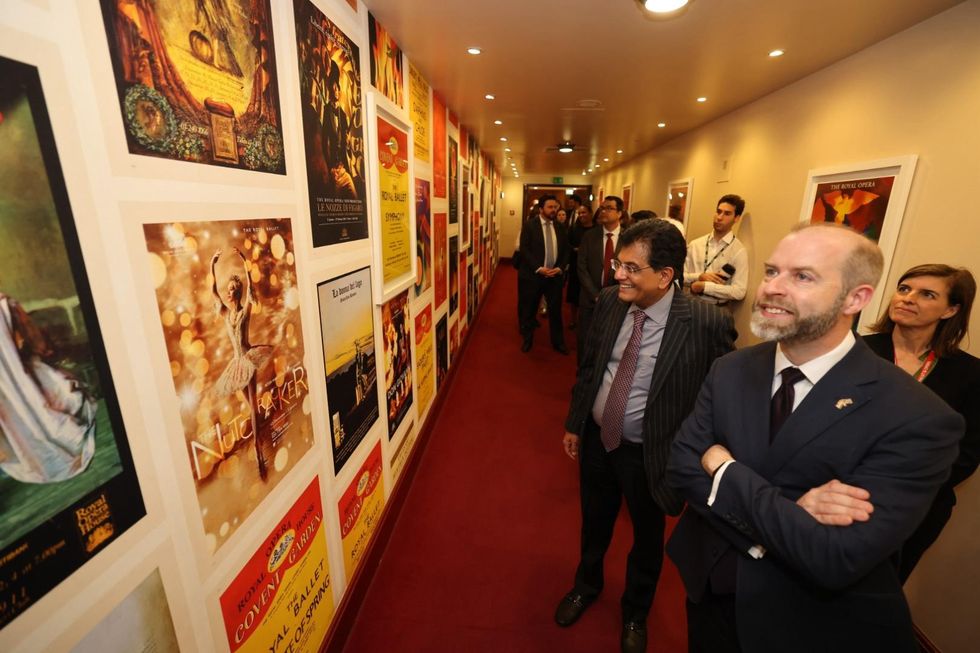
“Under the Labour government, there have been renewed efforts to deepen engagement with India as noted by the resumption of trade negotiations, the launch of the UK-India Technology Security Initiative, pursuit of the Comprehensive Strategic Partnership, and the establishment of the first UK university campus in India.
“But the deal also needs to be seen in a broader geopolitical context. Like-minded countries have accelerated efforts to forge agreements amid the (US president Donald) Trump administration’s erratic trade and economic policies.”
According to an official statement, British exports set to benefit include cosmetics, aerospace products, lamb, medical devices, salmon, electrical machinery, soft drinks, chocolate and biscuits.
Based on 2022 trade figures, these tariff reductions amount to over £400 million when the deal comes into force, growing to around £900m after 10 years.
For UK consumers, the FTA could mean cheaper prices and more choice on Indian imports like clothes, footwear and food products, including frozen prawns, as Britain liberalises its tariffs.
The deal is projected to add £4.8bn to the UK economy and increase wages by £2.2bn annually in the long run. It gives UK businesses a competitive edge when entering India’s enormous market, which is forecast to become the world’s thirdlargest economy within three years.
The Confederation of Indian Industry (CII) said the deal reflects the deepening of a long-standing and historic partnership between two dynamic economies.
“The agreement is a transformative step, driven by a shared commitment to deepen economic ties through enhanced cooperation in technology, diversification of global supply chains and a more business-friendly environment,” said CII president Sanjiv Puri.
“The timely agreement will further help in advancing the UK-India relations guided by the 2030 roadmap, aimed at building a comprehensive strategic partnership and deepening bilateral trade to reach $100bn [£74.7bn] by 2030.”
Alongside the FTA, the two countries also concluded a Double Contribution Convention, ensuring that professionals working in either country will not have to pay national insurance or social security contributions in both nations – described as a “huge win” for India.
On professional visas, the UK stressed there would be no change to its immigration policy except for a more streamlined process for business mobility. India has secured additional visa categories for professionals such as chefs, musicians and yoga instructors.
The current bilateral trade between the UK and India stands at around £41bn annually, with investment supporting more than 600,000 jobs across both countries. At least 1.9 million people with Indian heritage call the UK their home, further strengthening the vital partnership between the two democracies.
The agreement comes at a critical time as both countries seek to navigate global trade uncertainties, particularly following Trump’s tariffs on various sectors. The resulting turmoil reportedly sharpened focus in both London and New Delhi on the need to finalise bilateral trade ties.
Andrew Griffith, the shadow trade secretary, said: “It’s good to see the government recognise that reducing cost and burdens on businesses in international trade is a good thing, and that thanks to Brexit, we can do.”
An accompanying Bilateral Investment Treaty, which was being negotiated in parallel, has not been concluded at this stage, though UK officials indicated they hope it will be finalised soon.
The deal will now go through legal text formalisation before being approved by parliament to come into force.

















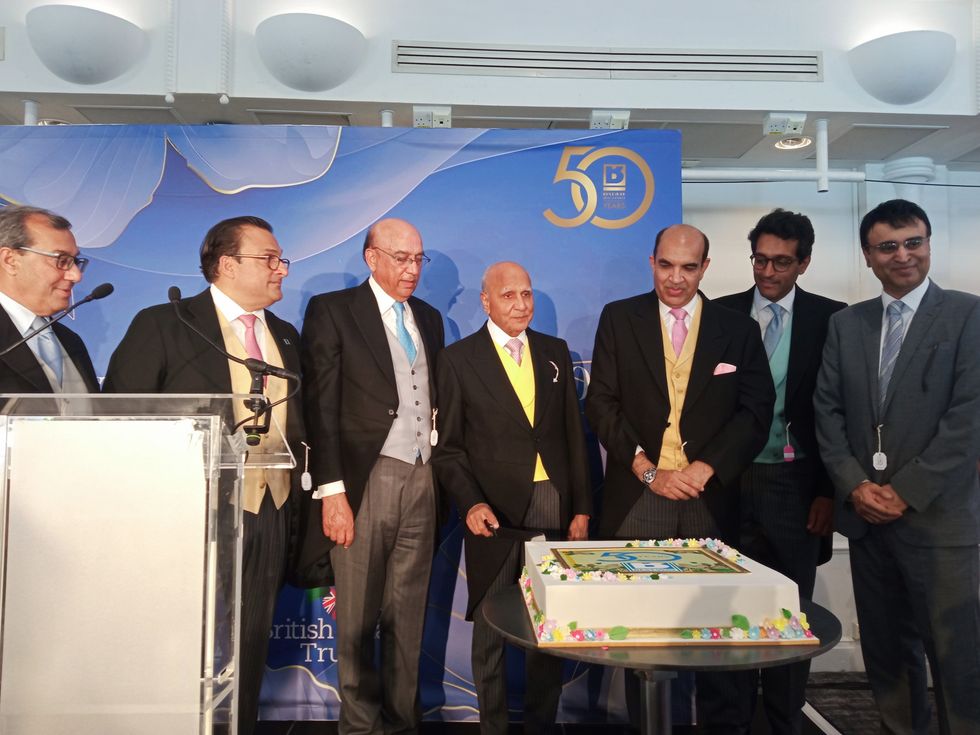 Sir Anwar cutting the cake during Bestway group’s 32nd annual charity day last Friday (20)
Sir Anwar cutting the cake during Bestway group’s 32nd annual charity day last Friday (20)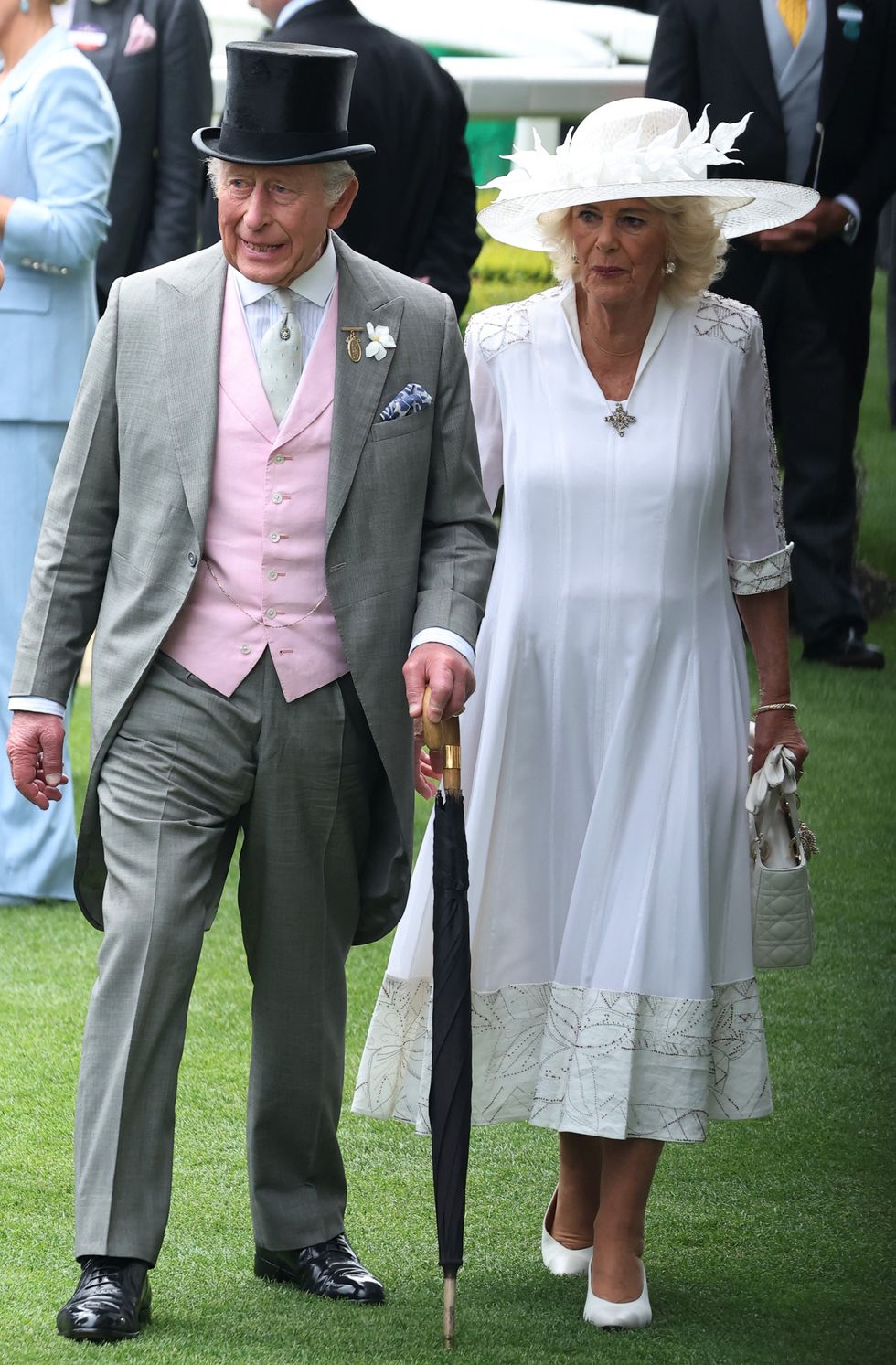 King Charles and Queen Camilla at Royal Ascot
King Charles and Queen Camilla at Royal Ascot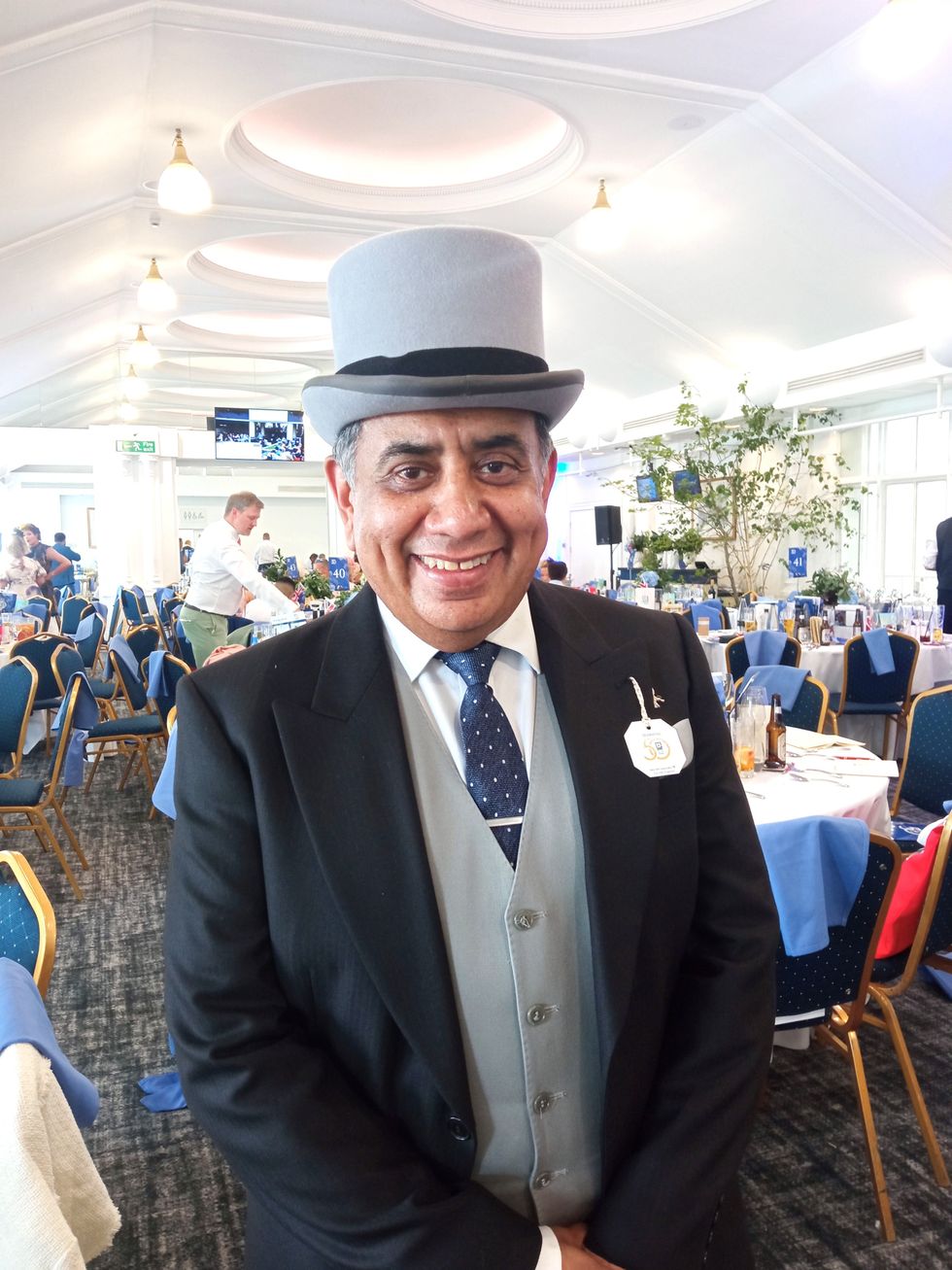 Lord Tariq Ahmad
Lord Tariq Ahmad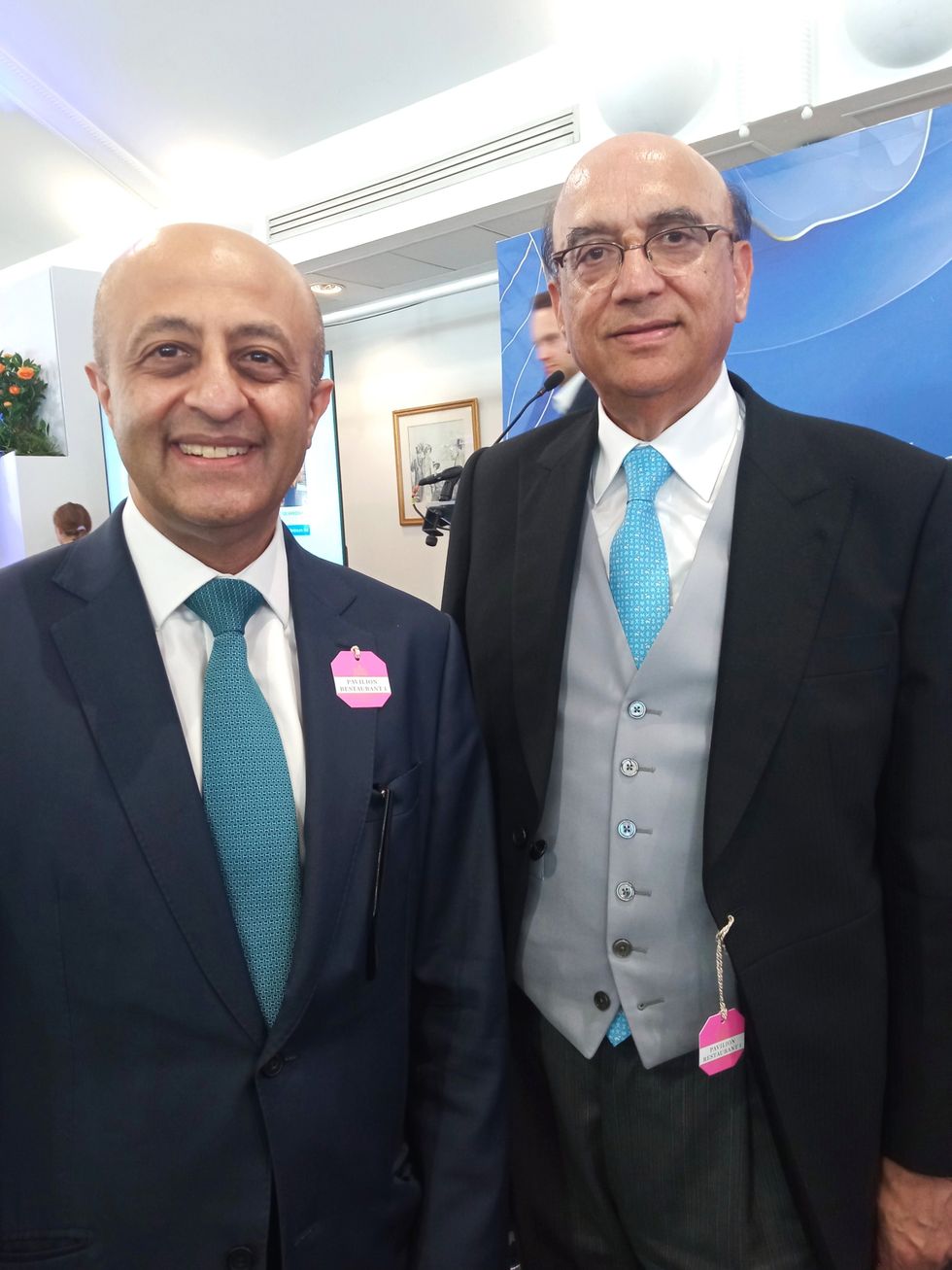 Lord Jitesh Gadhia and Lord Zameer Choudrey
Lord Jitesh Gadhia and Lord Zameer Choudrey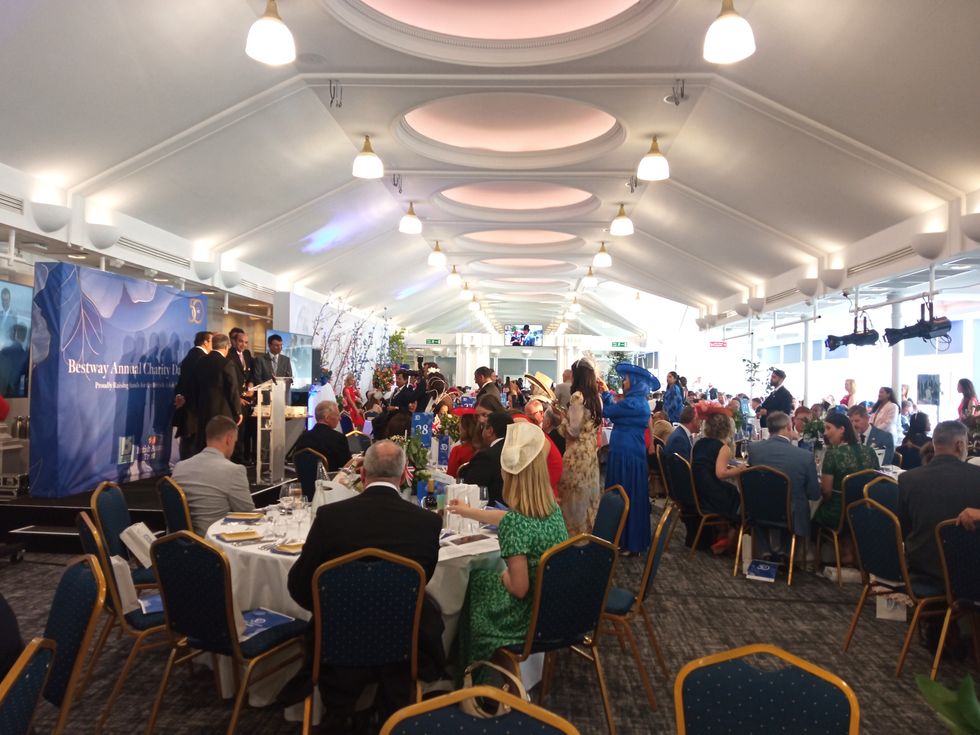 Guests at the Pavilion restaurant
Guests at the Pavilion restaurant
Moglai Bap and Mo Chara of Kneecap perform at Glastonbury Festival at Worthy Farm in Pilton, Somerset, Britain, June 28, 2025. REUTERS/Jaimi Joy
Police may probe anti-Israel comments at Glastonbury
BRITISH police said they were considering whether to launch an investigation after performers at Glastonbury Festival made anti-Israel comments during their shows.
"We are aware of the comments made by acts on the West Holts Stage at Glastonbury Festival this afternoon," Avon and Somerset Police, in western England, said on X late on Saturday (28).
Irish hip-hop group Kneecap and punk duo Bob Vylan made anti-Israeli chants in separate shows on the West Holts stage on Saturday. One of the members of Bob Vylan chanted "Death, death, to the IDF" in a reference to the Israel Defense Forces.
"Video evidence will be assessed by officers to determine whether any offences may have been committed that would require a criminal investigation," the police statement said.
The Israeli Embassy in Britain said it was "deeply disturbed by the inflammatory and hateful rhetoric expressed on stage at the Glastonbury Festival".
Prime minister Keir Starmer said earlier this month it was "not appropriate" for Kneecap to appear at Glastonbury.
The band's frontman Liam Óg Ó hAnnaidh was charged with a terrorism offence last month for allegedly displaying a flag in support of Iran-backed militant group Hezbollah at a concert in November. He has denied the charge.
A British government minister said it was appalling that the anti-Israel chants had been made at Glastonbury, and that the festival's organisers and the BBC broadcaster - which is showing the event - had questions to answer.
Health secretary Wes Streeting said he was also appalled by violence committed by Israeli settlers in the occupied West Bank.
"I'd also say to the Israeli Embassy, get your own house in order in terms of the conduct of your own citizens and the settlers in the West Bank," Streeting told Sky News.
"I wish they'd take the violence of their own citizens towards Palestinians more seriously," he said.
(Reuters)